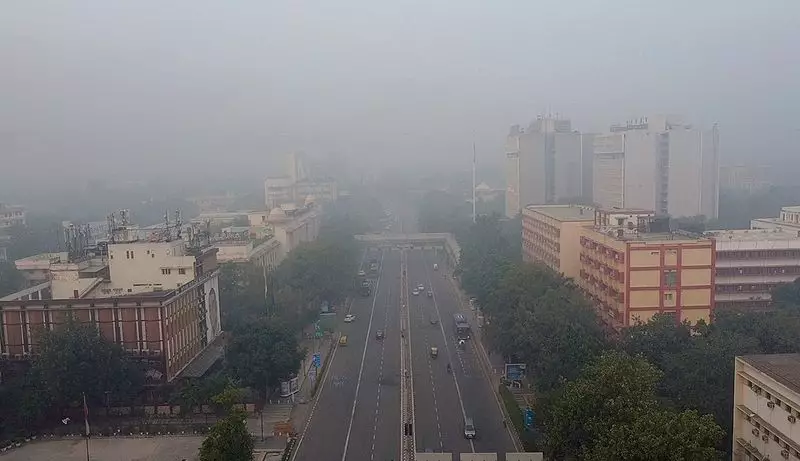
Recent developments in India's environmental monitoring system have raised significant concerns among experts about the potential micro-management of crucial air quality data. The issue centers around administrative changes that could compromise the integrity of pollution monitoring across the country.
Centralized Control Over Data Flow
The controversy emerged when the Central Pollution Control Board (CPCB) issued directives that effectively centralize control over air quality data dissemination. According to sources familiar with the matter, all real-time air quality data must now undergo multiple layers of bureaucratic scrutiny before being made available to the public and researchers.
This new protocol requires field monitoring stations to route their data through regional offices, then to state pollution control boards, and finally to the central authority in Delhi. The process introduces significant delays in data publication and creates opportunities for potential manipulation of pollution statistics.
Expert Reactions and Scientific Concerns
Environmental scientists and public health experts have expressed alarm at these developments. Dr. S.N. Tripathi, a prominent environmental engineer and member of the National Clean Air Programme steering committee, emphasized that immediate access to unaltered air quality data is crucial for both public awareness and scientific research.
"When we introduce bureaucratic filters into scientific data collection, we risk compromising the very purpose of environmental monitoring," Dr. Tripathi stated. "The delays and potential alterations undermine our ability to respond quickly to pollution emergencies and to develop evidence-based policies."
The concerns are particularly acute given India's ongoing struggle with air pollution. Multiple cities across northern India regularly feature among the most polluted globally, with PM2.5 and PM10 levels frequently exceeding safe limits by substantial margins.
Implications for Public Health and Policy
The timing of these administrative changes raises additional questions, as they coincide with periods of particularly poor air quality in several metropolitan areas. Critics argue that delayed or sanitized data could prevent timely public health advisories during critical pollution episodes.
Transparent air quality monitoring serves multiple essential functions: it alerts vulnerable populations to take protective measures, enables researchers to track pollution trends, and holds authorities accountable for implementing effective pollution control measures.
Several environmental advocacy groups have documented instances where air quality data appeared inconsistent with ground-level observations and satellite measurements. These discrepancies have fueled suspicions that the bureaucratic oversight might be serving to downplay the severity of pollution problems.
The current situation highlights the delicate balance between administrative control and scientific integrity in environmental governance. As India continues to combat its significant air pollution challenges, maintaining transparent, reliable data systems remains fundamental to effective policymaking and public trust.
Environmental activists and scientific communities are now calling for the establishment of independent oversight mechanisms to ensure that air quality data remains free from bureaucratic interference and continues to serve its primary purpose of protecting public health and the environment.





